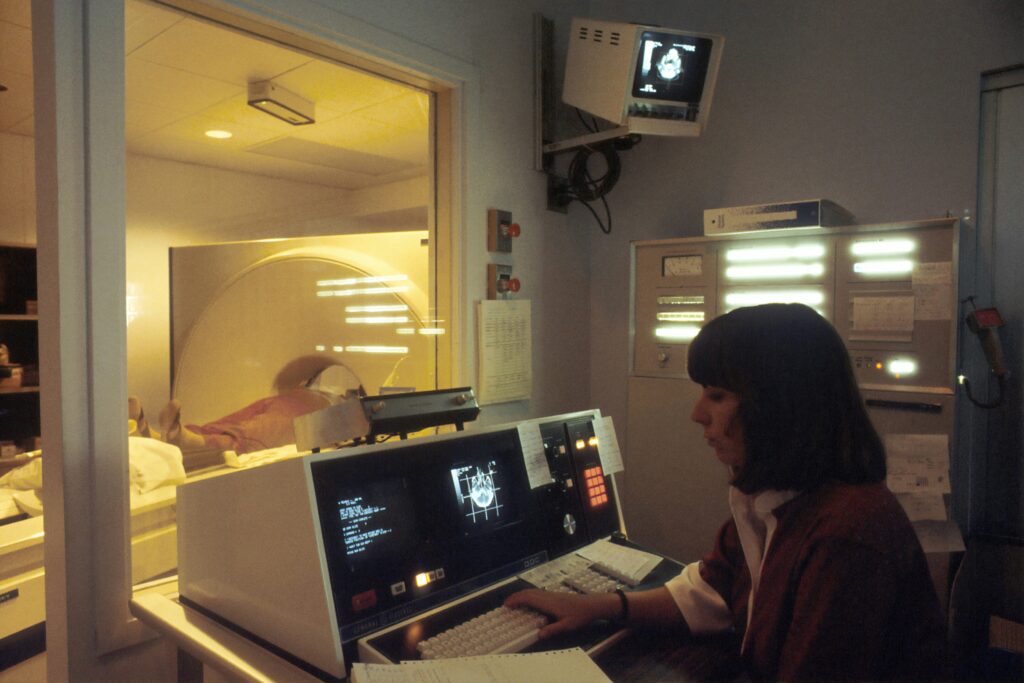
Scientists at the Fralin Biomedical Research Institute at VTC, alongside their collaborators, are pioneering new strategies in cancer immunotherapy. This groundbreaking work, detailed in recent review articles published in Nature Cancer and Trends in Cancer, explores how nanotechnology could be leveraged to reprogram the immune system and dismantle tumors’ defenses.
The research highlights the potential of nanoengineering to overcome the limitations of current immunotherapies, particularly in the treatment of solid tumors. “Our immune system has remarkable potential to fight cancer, but tumors develop ways to suppress or evade these defenses,” stated DaeYong Lee, assistant professor at the Fralin Biomedical Research Institute. “By integrating nanotechnology with immunology, we are exploring new possibilities for designing therapies that are more precise and effective.”
Emerging Insights in Nanomedicine and Immunotherapy
The review articles synthesize cutting-edge insights from various research initiatives. Lee and his colleagues have compiled data from multiple laboratories to define the current intersection of nanomedicine and immunotherapy, setting the stage for future innovations and potential breakthroughs.
Key Findings from Nature Cancer
In the Nature Cancer review, first author Lee, along with Wen Jiang and Betty Y.S. Kim from the University of Texas MD Anderson Cancer Center, outlines how nanotechnology can:
- Enhance drug delivery, ensuring therapies reach tumor sites more effectively.
- Reprogram the tumor microenvironment, making cancers more responsive to treatment.
- Collaborate with emerging approaches such as mRNA vaccines and engineered immune cells to broaden their impact.
These strategies represent a significant advancement in the field, offering new avenues for treatment that could potentially revolutionize cancer care.
Phagocytosis Focus in Trends in Cancer
The Trends in Cancer article, co-authored by Lee and colleagues from the Korea Advanced Institute of Science and Technology, delves into phagocytosis—the process by which immune cells engulf and eliminate tumor cells. The review discusses how nanomedicines might restore this natural defense mechanism through:
- Blocking signals on cancer cells that allow them to evade immune destruction.
- Engineering macrophages with chimeric antigen receptors (CARMs) to better identify and destroy solid tumors.
- Enhancing recognition signals on tumor cells to mark them for immune attack.
By integrating these advancements, the researchers provide a framework for understanding how nanomedicine can transform cancer immunotherapy, paving the way for next-generation treatments.
Challenges and Future Directions
Despite these promising developments, the challenge remains to translate these discoveries into therapies that are safe, effective, and accessible for patients. “The challenge now is translating these discoveries into therapies that are safe, effective, and accessible for patients,” said Lee, who also serves as a faculty member in the Department of Biomedical Engineering and Mechanics at Virginia Tech. “That’s the goal we’re working towards.”
This research has garnered support from several prestigious organizations, including the National Institutes of Health, the American Cancer Society, the American Brain Tumor Association, and others. These collaborations underscore the importance and potential impact of the work being conducted at the Fralin Biomedical Research Institute.
Implications for Cancer Treatment
The integration of nanotechnology into cancer immunotherapy represents a significant shift in how researchers approach cancer treatment. By addressing the limitations of current therapies and exploring new avenues for intervention, scientists are paving the way for more effective and personalized cancer care.
As these strategies continue to develop, they hold the promise of transforming the landscape of cancer treatment, offering hope to patients and healthcare providers alike. The ongoing research and collaboration among leading institutions highlight the potential for significant advancements in the fight against cancer.






